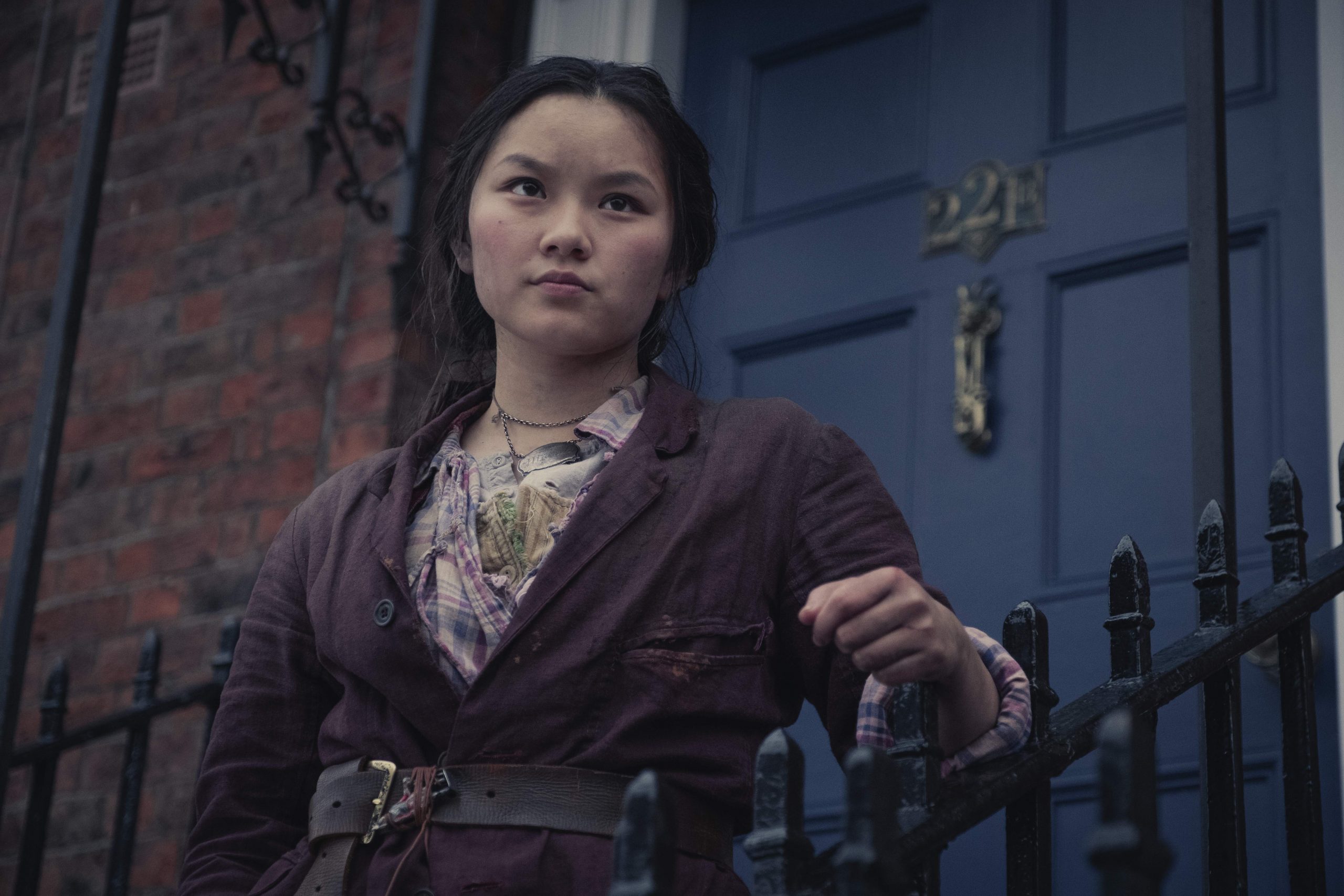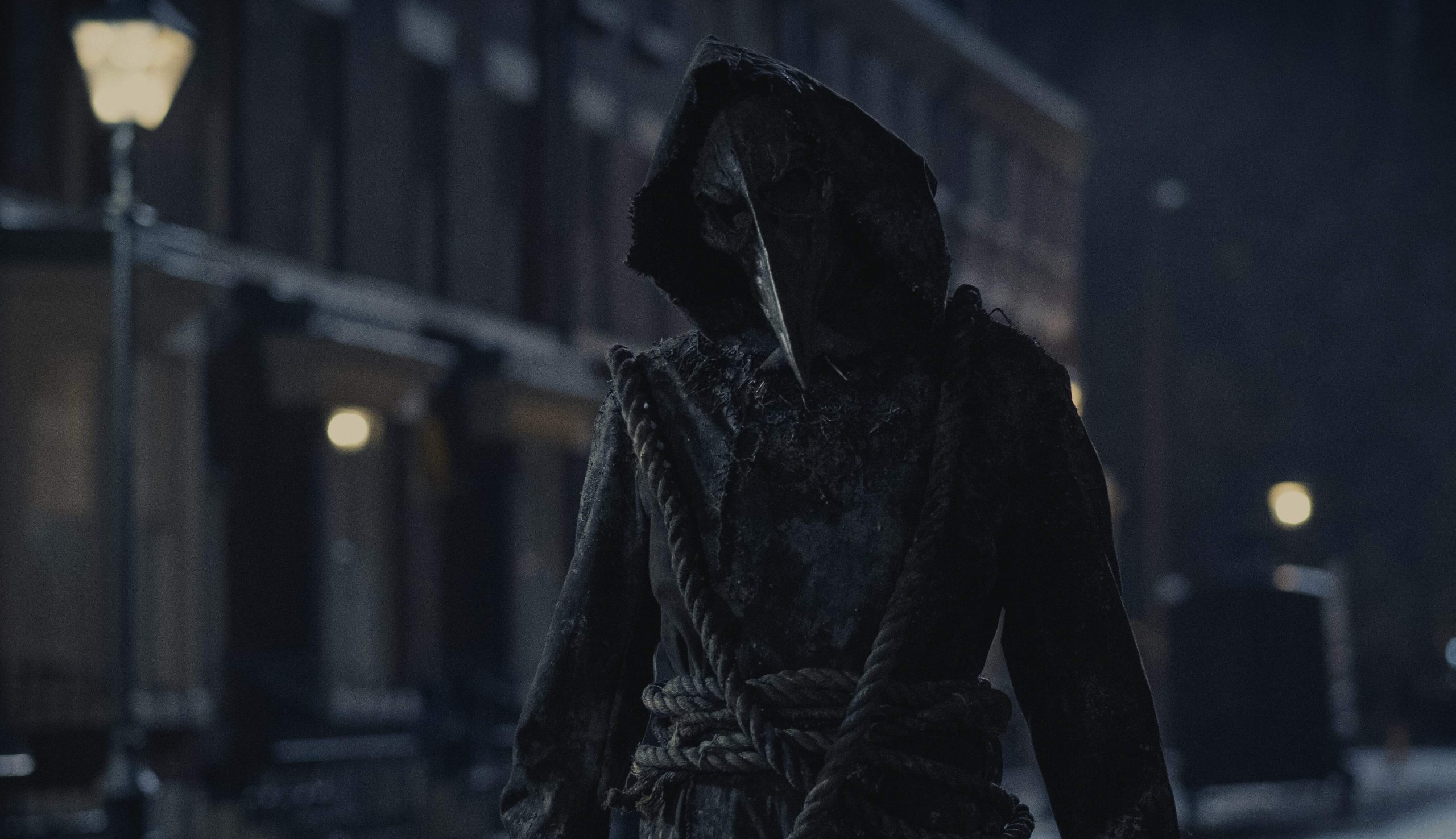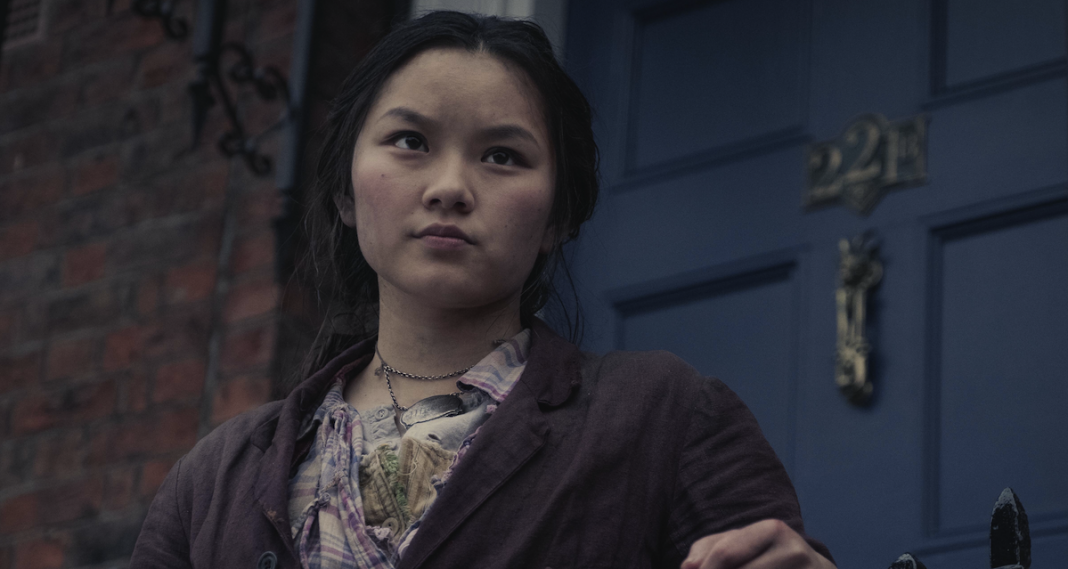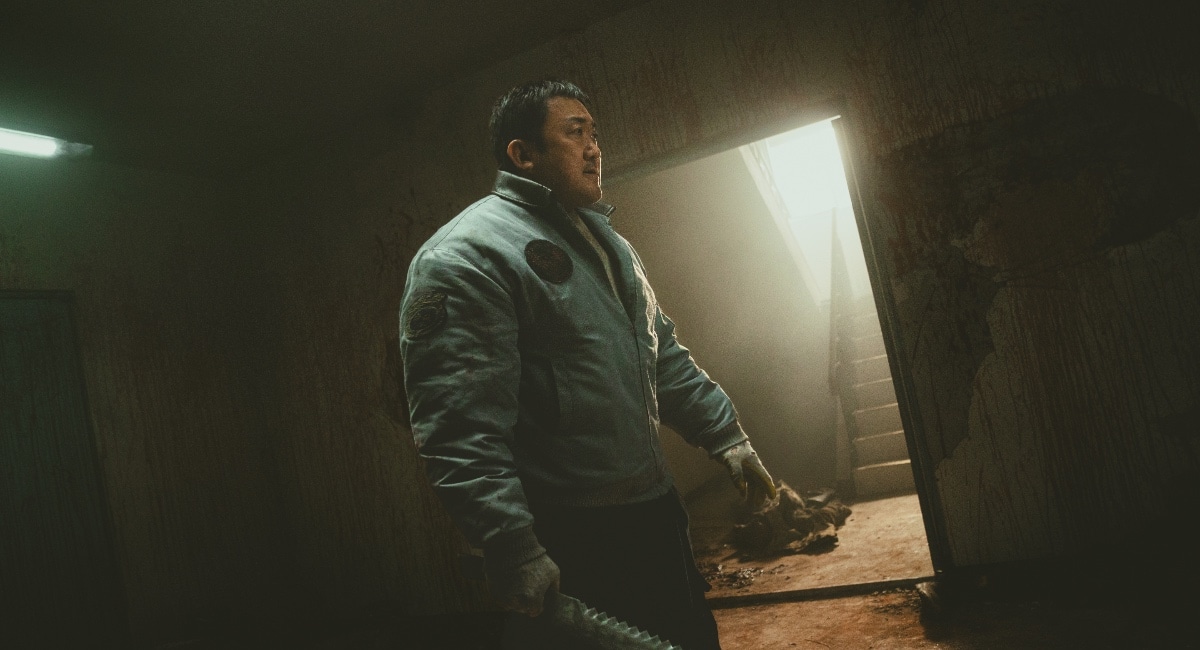In The Irregulars on Netflix, viewers get an alternative, supernatural-fueled glimpse of the legend of Sherlock Holmes. With vibes that fall somewhere between Buffy and Degrassi, the season has some gore and horror elements, but is mostly concerned with the interpersonal relationships among the characters.
The series uses the Sherlock Holmes text in interesting ways, and spotting the elements that have been inspired by the stories can be fun for those who are fans of Arthur Conan Doyle’s series. These allusions go deeper than just including the character names as an Easter egg: The Irregulars is an alternative take on Holmes, but one that is obviously studied in the source material, and the (many) changes to the text are done intentionally.
This is perhaps best seen in the relationship between Holmes and Watson, which takes what’s present on the page and expands it in the kind of interesting ways that you’re always hoping Holmes adaptations will. And although I’ll avoid including the details, the season’s third episode offers what is perhaps my favorite allusion to the source material.
One aspect of the show that works exceptionally well is the structure. This is in part thanks to the fact that the season is only eight episodes long. Unlike shows that insist on twelve episode seasons when they haven’t quite got the material to cover it, The Irregulars instead favors a more focused approach, which is an excellent choice.
Furthermore, in spite of having an overarching, serialized plot, The Irregulars also takes time to include multiple (more or less) standalone episodes. This is a nice departure from the increasingly common practice of foregoing any standalone mysteries in favor of only serving the main plotline, which would have been particularly disappointing for a series based on the Holmes stories.

Another element that the show does well is its depiction of poverty. As a band of street orphans, the Irregulars are pretty much constantly dirty, and they’re terrified of homelessness, or being sent back to the oppressive situation in the workhouses. This fear motivates them to accept jobs that they might otherwise not be comfortable with, and it informs the friction that is created whenever they have to deal with someone outside their class (which is pretty much all the time).
The show isn’t perfect: there are a couple of episode with some slight pacing issues, which probably could have been tightened up just a little bit further. And one character, whose narrative role is sort of similar to Dick Halloran’s in Stanley Kubrick’s adaptation of The Shining by Stephen King, could have either used some additional development or been omitted entirely.
While the show does a good job of creating its own mise en scène, don’t expect that to hew too closely to anything that actually resembles Victorian London. However, if you’re overly hung up on historical verisimilitude, then perhaps a YA-style supernatural genre mash-up story simply isn’t for you. That being said, the costumes department went above and beyond, and the extras are particularly well used in setting the scenes. And the modern soundtrack works well enough against the historical backdrop, particularly in the season’s final episode.
Finally, while I was uncertain about some of the interpersonal dynamics of the characters at certain points of the season, the conclusion is satisfying, somewhat unexpected, and overall a good final note.

All eight episodes of the first season of The Irregulars are now available for streaming on Netflix. The show stars Thaddea Graham, Darci Shaw, and Harrison Osterfield (you can watch The Beat’s interview with the three of them here), as well as Jojo Macari, Mckell David, Royce Pierreson, and Henry Lloyd-Hughes. The series was written and created by Tom Bidwell, and Jude Liknaitzky and Greg Brenman were executive producers.
Will you be checking on The Irregulars on Netflix this weekend? The Beat wants to hear from you! Let us know in the comment section or on social media @comicsbeat!








